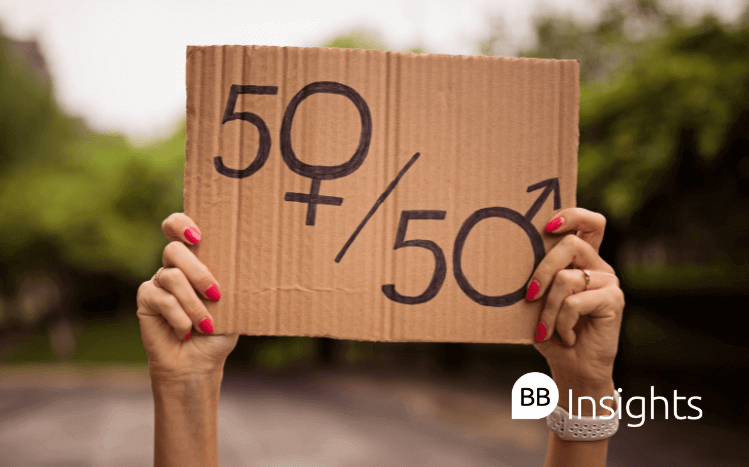When it comes to opportunities for education and economic advancement, Iceland is the most gender-equal country in the world, according to the Global Gender Gap report 2024.
The Global Gender Gap Index ranks the progress in gender parity of each country across four key categories: Economic Participation and Opportunity, Educational Attainment, Health and Survival, and Political Empowerment.
Iceland once again claimed the top spot, a title it has held for 15 years, with a 93.5% gender parity. It is the only country to have passed the 90% mark for gender parity and was the runaway victor in the political subcategory.
The 2024 Global Gender Gap Index shows that, while no country has achieved full gender parity, 97% of the economies included have closed more than 60% of their gap, compared to 85% in 2006.
And, although Iceland was the only one to break the 90% mark, eight of the remaining nine countries in the top 10 exceeded the 80% mark.
While the world has made large strides there is still a way to go, not least for business graduates' pay. Based on current data, it will take 134 years to reach full parity—roughly five generations beyond the 2030 Sustainable Development Goal (SDG) target.
Europe dominates the top 10
Home to top educational institutions as well as a broad spectrum of opportunities when it comes to careers, Europe leads the 2024 regional gender gap rankings. The continent closed 75% of its gap in 2024, with an overall improvement of 6.2 percentage points since 2006.
Of the world’s top 10 most gender-equal countries, seven are in Europe, including the world’s long reigning champion, Iceland.
Finland takes second place with a gender parity score of 87.5%. The second place country ranks particularly well for equality in education, having reached 100% parity in 15 of the past 18 years.
Norway comes in third, also scoring 87.5%. The Nordic country places second, by a fair distance, to Iceland in the political parity subcategory with more women in ministerial roles than men.
Coming in fifth place—and maintaining the Nordic presence at the the top of the list—was Sweden, with 81.6% gender parity. Another Scandinavian and Northern European country, Sweden has achieved near perfect gender parity at ministerial level.
Germany ranks in seventh with an 81% gender parity score, scoring highly for political empowerment for women with near-equal ministerial representation.
Ireland, in ninth with an 80.2% score, has achieved 100% parity in educational attainment, this includes literacy rate and enrollment in primary, secondary, and tertiary education.
The final European country in the list and the last in the top 10 is Spain. Spain is the only country in the top 10 with a gender parity under 80%. However, it has made significant strides in gender equality, climbing eight places since 2023 to reach the top 10.
Spain and Ireland replaced Lithuania and Belgium who dropped out of the top 10 to 11th and 12th places respectively.
While Europe dominates the ranking, with 21 out of the 40 economies in the region having closed over 75% of their gender gap, the distance between the top and bottom rank shows broad disparities in the region—Iceland, the highest-ranking, leads by 29 percentage points over Turkey, which sits at the bottom.
Next Read: 4 Things Business School Grads Need To Know About The Gender Pay Gap In 2024
Beyond Europe
The remaining three spots in the top 10 are occupied by economies from Eastern Asia and the Pacific (New Zealand), Latin America and the Caribbean (Nicaragua), and Sub-Saharan Africa (Namibia).
New Zealand is the highest ranking country outside of Europe coming in the top five, at number four with an 83.5% gender parity score. It ranks especially well in education, achieving full parity over the past six years.
Nicaragua comes in sixth, achieving an 81.1% gender parity score. This strong performance is largely due to its political empowerment score, with women and men being equally represented in parliament. There is also a larger proportion of women than men working in its technical and professional workforces.
The final country in the top 10 is Namibia in eighth with 80.5% gender parity. The only African country in the top 10, Namibia performs well across all four indexes, and its gender income gap is 82.1% closed.



